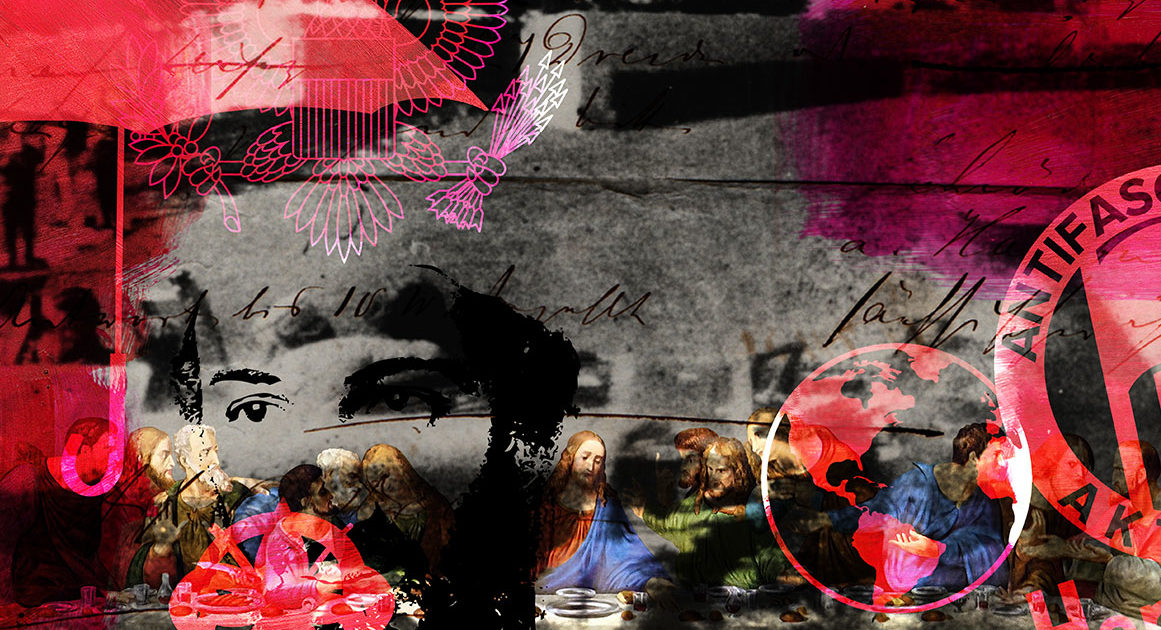What I’m Reading: Jesse Walker, From Antifa to UFOs, One Joke Can Spawn a Thousand Conspiracies: What happens when a prank or spoof sparks a real belief?
Reading: Jesse Walker, From Antifa to UFOs, One Joke Can Spawn a Thousand Conspiracies, Reason (August/September 2020 Issue).
. . . One thing is certain: In addition to all the other ways that false conspiracy stories begin, from honest speculation to commerce-minded fraud, we need to appreciate the role of jokes. We can divide those jokes into three categories: pranks, accidents, and enigmas.
Pranks are deliberate hoaxes, like the plots promoted on fake antifa accounts. In some cases, these are essentially disinformation campaigns. But even then—unlike, say, the fake Black Panther literature the FBI planted in the 1960s, or the stories the KGB spread in the 1980s claiming that the U.S. government created AIDS—the aim is at least partly satiric. In many cases, the story’s author intends to reveal the truth after a while, hoping to embarrass or illuminate the people who embraced the story. Such plans do not always work out as intended.
Accidents, by contrast, were not meant to be believed. Like @KrangTNelson’s tweet, they are works of fiction that people unexpectedly mistake for facts. Not only do their authors not intend to fool anyone, but sometimes they are not even aware that they have fooled anyone.
Enigmas fall into the cloudy territory in between. As with The ANTIFA Manual, it’s not clear whether they were supposed to trick people. Sometimes the author himself may feel ambivalent about his intentions.
— Jesse Walker, From Antifa to UFOs, One Joke Can Spawn a Thousand Conspiracies
Reason (August/September 2020 Issue).
 Rad Geek, to-day:
Rad Geek, to-day:
